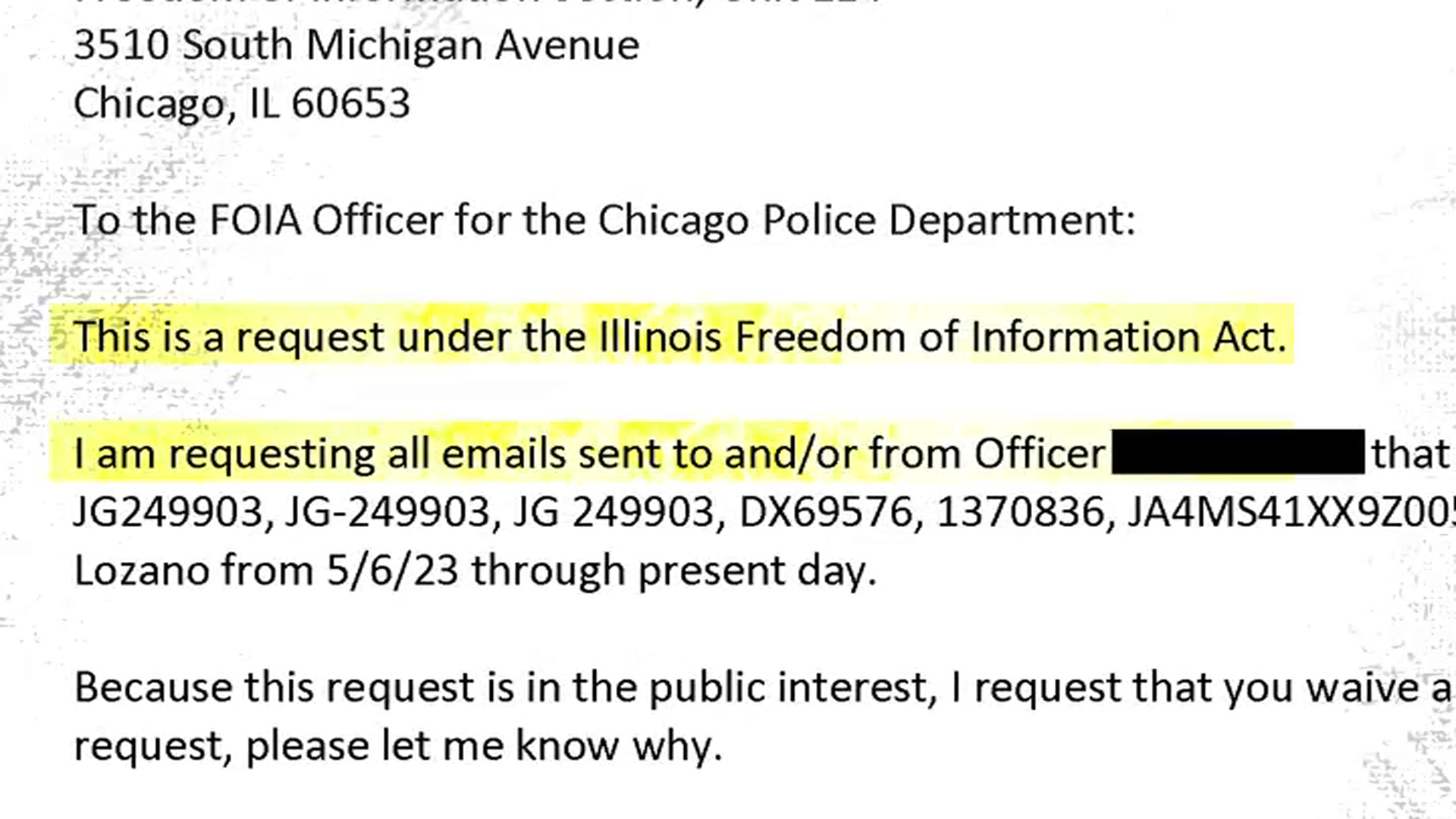Cook County reached a grim milestone on Wednesday, becoming just the second county in the U.S. to top 100,000 coronavirus cases since the pandemic began.
Illinois health officials announced Wednesday that nearly 1,600 new coronavirus cases were reported across the state in the previous 24 hours, along with 23 additional deaths.
With a number of those new cases in Cook County, the county's total was lifted to 100,124 cases reported since the pandemic began.
Cook County became just the second county to reach that mark, after Los Angeles County in California. Multiple counties in New York, the state that was initially the hardest hit in the early stages of the outbreak, have all seen case numbers in the five-figure range, but none surpassing 100,000.
Cook County's first case was also one of the first in the U.S., identified in Chicago on January 24 - meaning it took almost exactly six months for the county to reach 100,000 cases.
On Thursday, Illinois health officials reported 1,624 new cases of coronavirus and 20 additional deaths as the state's overall positivity rate continued to slowly climb. The more than 1,600 new cases also marked the highest one-day case count since May 25, when the state reported 1,713 cases - a number that at the time showed progress after months of daily totals above 2,000. Testing results for that day, however, were nearly half the numbers seen Thursday.
According to the Illinois Department of Public Health, the rolling 7-day positivity rate increased very slightly Thursday to 3.4%, up from 3.2% a day earlier.
Local
The numbers reported Thursday brought the state's total number of cases to 166,925 since the pandemic began - meaning Cook County has seen roughly 60% of the state's total cases. More than half of those cases in Cook County have been identified in Chicago - 57,687, per the city's data.
Cook County reached 100,000 cases as Gov. J.B. Pritzker issued a warning of a "very concerning" gradual rise in the state's metrics following significant progress made earlier across the state in slowing the spread of the deadly virus.
"If there had been one national strategy employed by our federal government — like a national mask mandate — perhaps things would be different. But that hasn’t happened, and we can’t rely on that possibility," Pritzker said at Wednesday's news conference. "In the meantime, Illinois has set policies for itself, and we’ve seen real progress over these last four and a half months. But our numbers now appear to be gradually rising, and that’s very concerning."
"I will remind everyone that we look at these numbers via 7-day rolling averages and not one day totals, but a rise is still a rise and it is on all of us to bring these numbers down."
Though Cook County reached a grim milestone Wednesday, it was not the one of 11 regions in the state that Pritzker pointed to as being "dangerously close" to receiving "additional mitigations" due to a high positivity rate. That region is the downstate Metro East region, which includes includes Bond, Clinton, Madison, Monroe, Randolph, St. Clair and Washington counties and borders St. Louis, Missouri.
"Yesterday in the Metro East region, I sounded the alarm on the region’s 7.1% rolling seven-day average positivity rate compared to the state’s overall 3.1%," Pritzker said at a news conference. He added that the other 10 regions in the state have a positivity rate below 5%.
"There are those who mistakenly think 'No problem! You can’t eradicate the virus — and our numbers are so low, we don’t need to do anything about it,'" Pritzker said. "To them I would say that in every one of the states like Arizona and Florida that are in full crisis mode now, it started with a gradual rise in the numbers. The best doctors in our state, who are some of the best in the nation, tell me that a gradually rising positivity rate is exactly when the exponential factors can take over. You can go from 3% positivity to Arizona’s 23% positivity in the blink of an eye. We’ve been there. Let’s not let that happen again."
Pritzker noted that while the state is in fact testing a record number of residents, "more testing does not cause rising positivity rates."
"If it sounds like I’m taking this extremely seriously, it’s because I am. And you should too," Pritzker said. "It’s imperative that we hold onto the success we’ve had against this virus."



